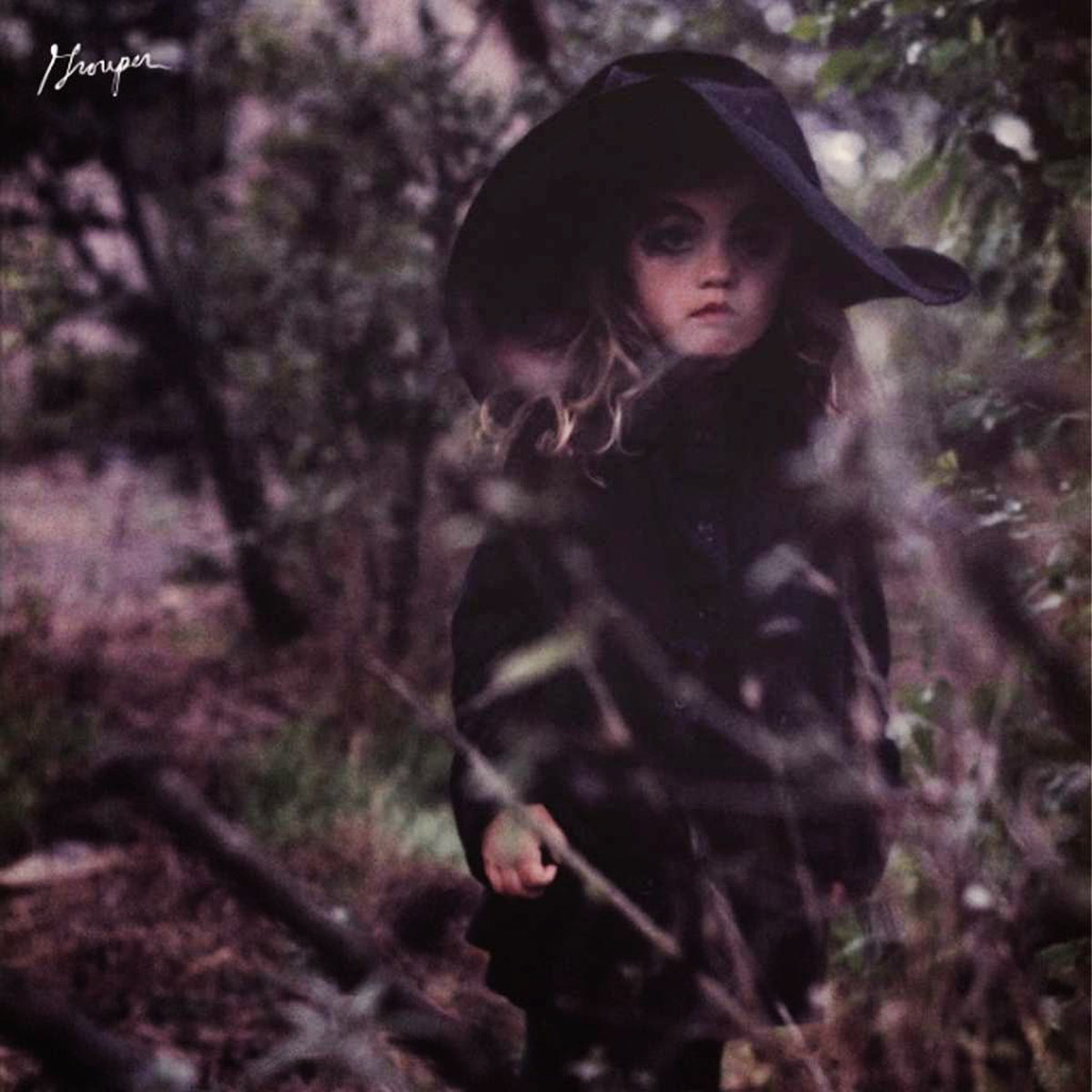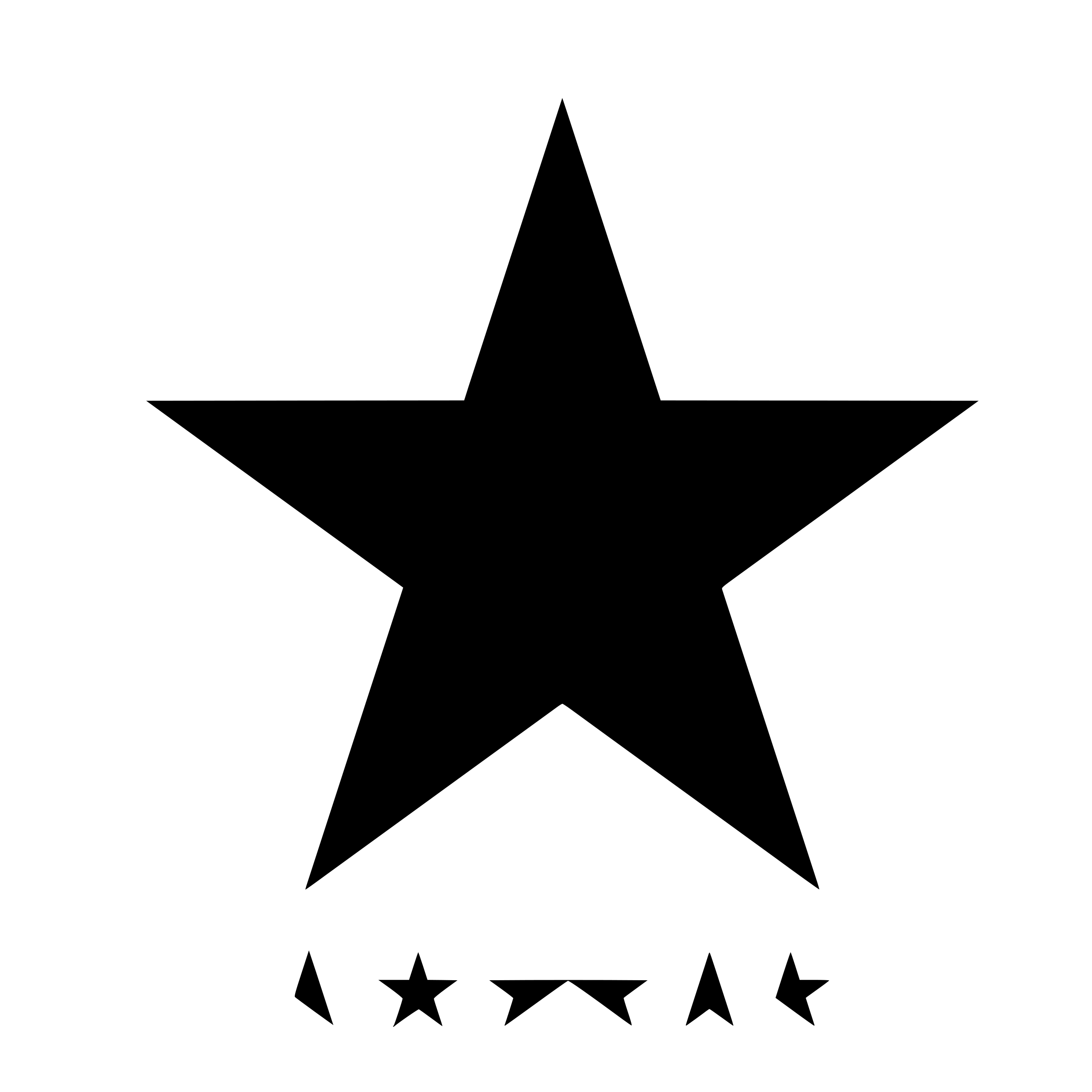Let’s start with the title. Dragging A Dead Deer Up A Hill is a short story, a bit of flash fiction. Like that oft-cited Ernest Hemingway anecdote, it hints at a larger plot, one that a reader might infer. Here is a person who is tasked with dragging a dead deer up a hill. Why? We don’t know why. But we can guess.
That’s kind of what it feels like to write about the music Liz Harris makes as Grouper. Most people who work in this profession will admit that it is difficult to write about a Grouper album, and the ones who won’t are lying. Her songs are like gestures; figures drawn quickly so as to capture the essence of a moving thing in a momentary stasis. They are ephemeral, murky recordings that sound like being alone. Harris doesn’t give many interviews, and when she does it's often over email. She doesn’t really explain what she writes music about or why she writes it, and those reasons are anyone’s guess. Fittingly, her lyrics are mostly indecipherable, and if you try to Google them you’ll come up with stuff like this. Reviewing a Grouper album is like agreeing to listen to your own heartbeat for hours on end. It forces the kind of self-reflection that can be deeply unwanted or deeply necessary, depending on whether or not you’re searching.
Grouper has an ardent fanbase for this very reason. It is easy to project yourself onto her, to hear your own longing in one of her songs. Dragging A Dead Deer Up A Hill is the album that launched Grouper into the popular consciousness; it inspired a kind of fandom that is sort of perplexing given how non-commercial and unconcerned her music is with convention. Before Dead Deer, Harris released three ambient albums as Grouper, but when this album came out in 2008 -- 10 years ago this Sunday -- it was the album that made people pay attention to the project. This is Harris’ first set of songs that sound like songs, with melodies and some semblance of structure, lyrics you can sing along to before Harris’ voice fades to the background and you’re left to grasp at meaning once again. Its cover is the first of Harris’ albums to display a figure. It’s a picture of herself as a child, dressed up in a witch costume, clenching her fist, a self-portrait and a mirror at the same time.
Dead Deer opens with white noise that sounds like driving on the freeway with the windows open. It's the kind of noise that some people will shrink at and others won’t notice until you ask them to please roll up the window. Empty space like this abounds on the album, as the liminal in-between has always been one of Harris' favorite places to explore. The quietest moments in Harris' music are some of the most considered. "Silence is a mistake, we’re supposed to cut out the negative space on an album, in a conversation," she said in a recent profile celebrating the release of her latest Grouper album Grid Of Points. "I think I’ve spent much of my life feeling like I was a mistake, needed to change myself in order to fit in, which of course would involve talking more or better. Still struggle with it."
Grouper is just one aspect of Harris' artistry. The illustrations she draws and displays on her website Repeating Pattern are graphic black and white works that rely on negative space as much as they do ink or pencil. The empty space on Dead Deer comes in the form of tape hiss. It underscores every song on this album, ebbing between tracks like waves. References to water and the natural world are abundant throughout Grouper's discography, but they’re most present on this album. Its centerpiece, "Fishing Bird (Empty Gutted In The Evening Breeze)," opens with what could be described as a swell, like a field recording taken from an especially foggy day on the beach as Harris sings about a fishing bird that dives beneath the waves. "How long can you hold your breath?" she asks it. On "Traveling Through The Sea," Harris sings of water rising, a changing tide leading to destruction, or perhaps, new beginnings.
Submitting to that uncertainty is central to the struggle of this album, as much as it is central to the process of listening to it. When we consume art we hope to understand, to a certain extent, what it’s about: what the narrative means, but perhaps most importantly, what it tells us about ourselves, about the human condition in general. With music, most of that understanding comes from the way we parse lyrics, but on this album, words are intentionally obscured by droning layers of guitar and room tone. Those moments sound like gaps in the conversation, spaces that can be filled out with a listener’s interpretation. It’s as welcoming as it is intimidating. So much of this album sounds like sharing secrets under the covers; some muffled, some unspoken, relegated to a private space that won’t exist anymore come morning.
At its heart, I think Dragging A Dead Deer Up A Hill is about burden, more specifically the tension between wanting to give up and choosing, for whatever reason, to keep going. The title suggests that this is a Sisyphean struggle, but there are also moments throughout that speak to very particular strains on the human psyche, ones that are often imperceptible to the outside world. On the arid, drifting hymn "Invisible," Harris sounds like a small chorus filling the drafty spaces in a church. "Invisible, I’ve become invisible," her vocal loops contort and twist around one another. "If you can see me, be sure to let me know." On "A Cover Over," Harris sings of the desire to watch everything wash away, but "hours later it’s the same." There’s an existential anxiety driving lines like these, cushioned by the sheer beauty of the album’s instrumentation.
"If I have a problem I can’t figure out, I look at anything in the world, any object -- the ocean, the V in a branch -- or process -- the tide, cars stopping at a stoplight -- and put my issue into the shape. The destination becomes a machine; the machine gives me an answer," Harris said while discussing her songwriting in an interview around the time that Ruins was released. She makes the process of untangling a tormented mind sound so easy, as simple as looking carefully at the world around you and considering your minuscule place in it and being OK with that.
There is one song on Dead Deer that exemplifies that sentiment perfectly. "Heavy Water/I'd Rather Be Sleeping" remains one of Grouper’s very best -- the song you’d choose to show someone who doesn’t really "get" this music. It is the second song on the album, trailing after "Disengaged," and it's built on a simple guitar progression. "In dreams I’m moving through heavy water/ The love is enormous, is lifting me up/ I’d rather be sleeping/ I’d rather fall into tidal waves/ Right where the deepest currents fall," Harris sings on the chorus, and her voice isn't a waterlogged whisper. It's almost loud, actually, for Grouper.
Anyone who has ever come close to drowning remembers the feeling. Water can be impossibly heavy; the ocean at high tide pulls your limbs down like leaden weights. It's obviously terrifying, but it's also mystifying to feel nature's power, its indiscriminate ability to kill you without even really trying. Harris conflates that feeling with love, a force that can consume a person just as suddenly. The love is enormous, is lifting me up. No matter how many times I listen to this song, I can't decide if it's about surrendering to that feeling, that loss of control, or if it's simply about the mythologized moment before death when the white light blinds you and everything that was confusing suddenly becomes warm and welcoming and very clear.






